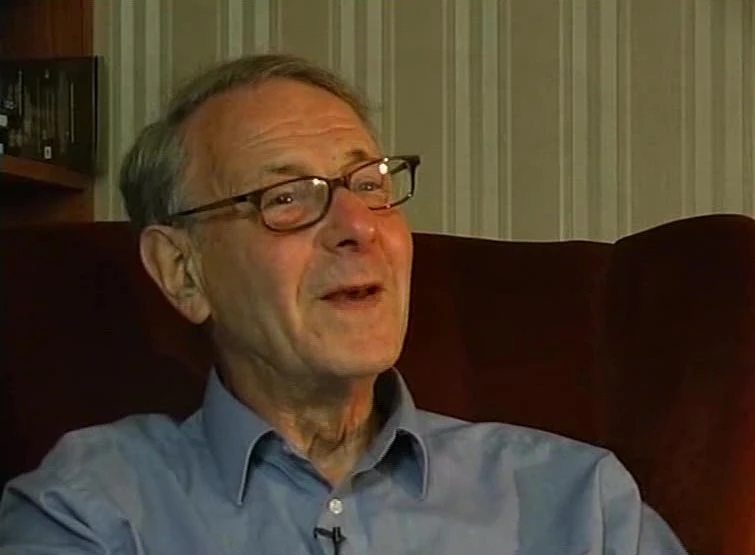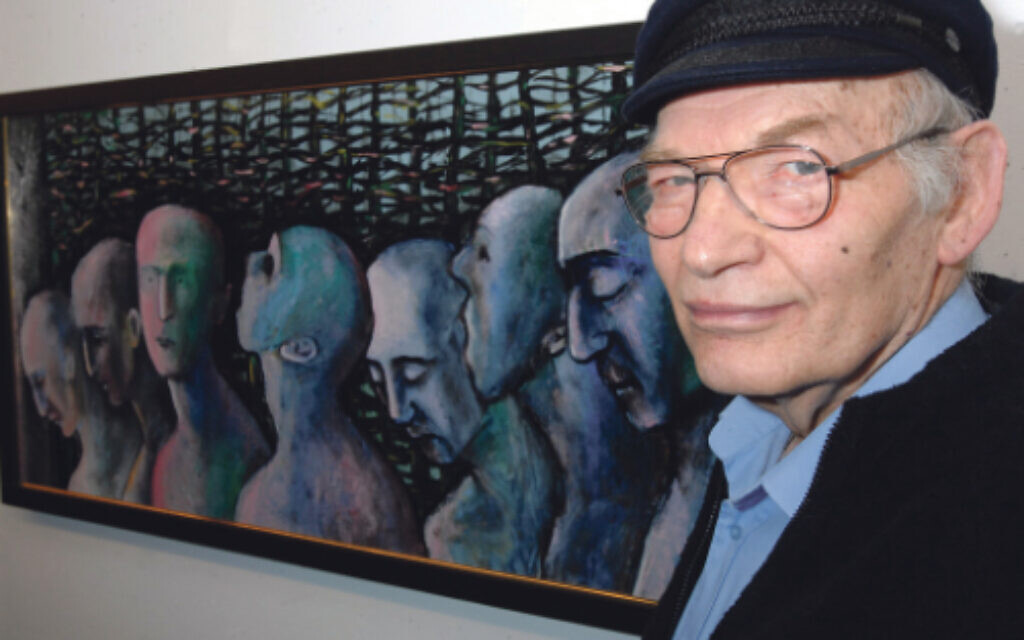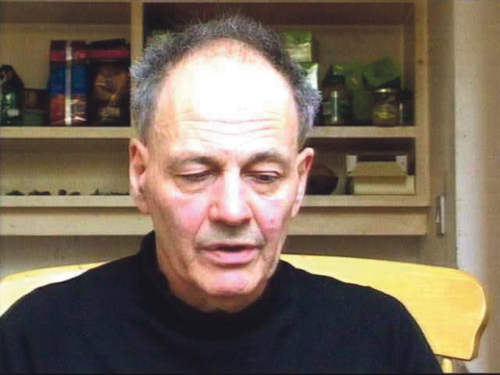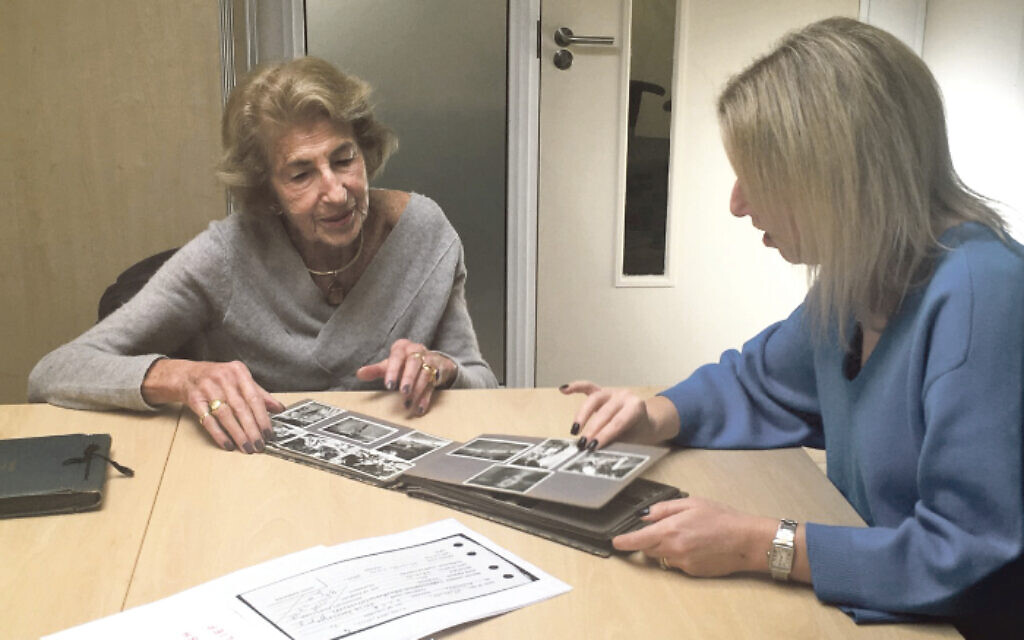From darkness to greatness
We look at survivors who went on to make incredible contributions to their countries and the world
Hella Pick
Born in Vienna in 1929, Hella Pick was put on a Kindertransport by her mother after Germany annexed Austria in 1938. She went to school in the Lake District, and her mother joined her three months later. Studying at the London School of Economics, Pick decided to become a journalist, spending 35 years with The Guardian. One of the only female journalists in what was then a largely male-dominated career, Pick travelled around the world, covering everything from the Watergate scandal and Martin Luther King’s march from Selma to Montgomery, to the Cold War and the collapse of the Berlin Wall. She is now aged 90, has a CBE and has also written two books: Simon Wiesenthal: A Life in Search of Justice and Guilty Victim: Austria from the Holocaust to Haider.
Get The Jewish News Daily Edition by email and never miss our top stories Free Sign Up
Prof. Leslie Brent
Born Lothar Baruch in Koslin in 1924, Leslie Brent was placed in
a Jewish orphanage to avoid persecution in 1936, and later would be sent to Britain on one of the first Kindertransports in 1938. He went to school in Kent, and studied zoology at Birmingham University. Brent enjoyed a career as an eminent zoologist, in which he co-discovered acquired immunological tolerance with Peter Medawar and Rupert Billingham. He was also a valued member of the Association of Jewish Refugees, and often spoke at events and commemorations. Brent died last year aged 94.

Dame Stephanie Shirley
Arriving in Britain on the Kindertransport aged five in 1939, Dame Stephanie Shirley lived with foster parents in Sutton Coldfield, attended a convent school and later moved to Oswestry. Dame Shirley was determined to conquer the male-dominated industries of technology and mathematics, taking evening classes and learning how to build computers on her own. She founded her own software company with just £6 and, as a response to the sexism she had encountered, decided to hire predominantly women and even took on the name “Steve”. She built up an enormous business, the F1 Group, from which she made a £150 million fortune, and now concentrates on philanthropy, having given away more than £65m to charitable causes.
Roman Halter
Born in 1927 in Chodecz, Poland as the youngest of seven children, Roman Halter was 12 when the Second World War broke out. From 1940 to 1945 he endured the trauma of the Lodz ghetto, Auschwitz-Birkenau and Stutthof concentration camps and slave labour in a factory in Dresden. Escaping a death march, Halter was hidden by a German couple until the liberation, and was then brought to England in 1945 along with other young survivors known as “The Boys”. Halter became an esteemed architect and painter, best-known for his intricate stained glass windows, seen at Yad Vashem and a number of well-known synagogues.

Frank Meisler
Born in Danzig (now Gdansk) in Poland in 1925, Frank Meisler was put on the Kindertransport in 1939. Three days after he left, his parents were arrested, held in the Warsaw Ghetto and murdered at Auschwitz. Meisler was raised by his grandmother in London, going to school in Harrow, serving in the Royal Air Force and studying architecture at the University of Manchester. Moving to Israel in 1960, he set up a workshop in Jaffa. He created a number of well-known public works, including a series of Kindertransport memorials in European cities, such as the bronze sculpture Kindertransport – The Arrival, in London’s Liverpool Street Station. He died in 2018 at the age of 92.
Frank Auerbach
Born in Berlin in 1931, Frank Auerbach was sent to Britain on the Kindertransport in 1939. His parents would later be murdered in the concentration camps. Auerbach went to a boarding school for Jewish refugee children, and later attended St Martin’s School of Art and the Royal College of Art. He has become known as one of the 20th century’s most notable painters, highly esteemed for his distinctive paintings of cityscapes and urban streets, and for his portraits of family and friends, all applied with his signature style of very thick layers of paint. His work has been exhibited worldwide.


Thank you for helping to make Jewish News the leading source of news and opinion for the UK Jewish community. Today we're asking for your invaluable help to continue putting our community first in everything we do.
For as little as £5 a month you can help sustain the vital work we do in celebrating and standing up for Jewish life in Britain.
Jewish News holds our community together and keeps us connected. Like a synagogue, it’s where people turn to feel part of something bigger. It also proudly shows the rest of Britain the vibrancy and rich culture of modern Jewish life.
You can make a quick and easy one-off or monthly contribution of £5, £10, £20 or any other sum you’re comfortable with.
100% of your donation will help us continue celebrating our community, in all its dynamic diversity...
Engaging
Being a community platform means so much more than producing a newspaper and website. One of our proudest roles is media partnering with our invaluable charities to amplify the outstanding work they do to help us all.
Celebrating
There’s no shortage of oys in the world but Jewish News takes every opportunity to celebrate the joys too, through projects like Night of Heroes, 40 Under 40 and other compelling countdowns that make the community kvell with pride.
Pioneering
In the first collaboration between media outlets from different faiths, Jewish News worked with British Muslim TV and Church Times to produce a list of young activists leading the way on interfaith understanding.
Campaigning
Royal Mail issued a stamp honouring Holocaust hero Sir Nicholas Winton after a Jewish News campaign attracted more than 100,000 backers. Jewish Newsalso produces special editions of the paper highlighting pressing issues including mental health and Holocaust remembrance.
Easy access
In an age when news is readily accessible, Jewish News provides high-quality content free online and offline, removing any financial barriers to connecting people.
Voice of our community to wider society
The Jewish News team regularly appears on TV, radio and on the pages of the national press to comment on stories about the Jewish community. Easy access to the paper on the streets of London also means Jewish News provides an invaluable window into the community for the country at large.
We hope you agree all this is worth preserving.
-
By Brigit Grant
-
By Laurent Vaughan - Senior Associate (Bishop & Sewell Solicitors)
-
By Laurent Vaughan - Senior Associate (Bishop & Sewell Solicitors)
-
By Laurent Vaughan - Senior Associate (Bishop & Sewell Solicitors)
-
By Laurent Vaughan - Senior Associate (Bishop & Sewell Solicitors)






















